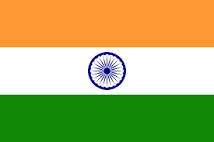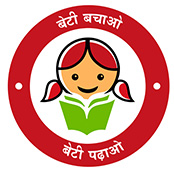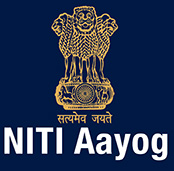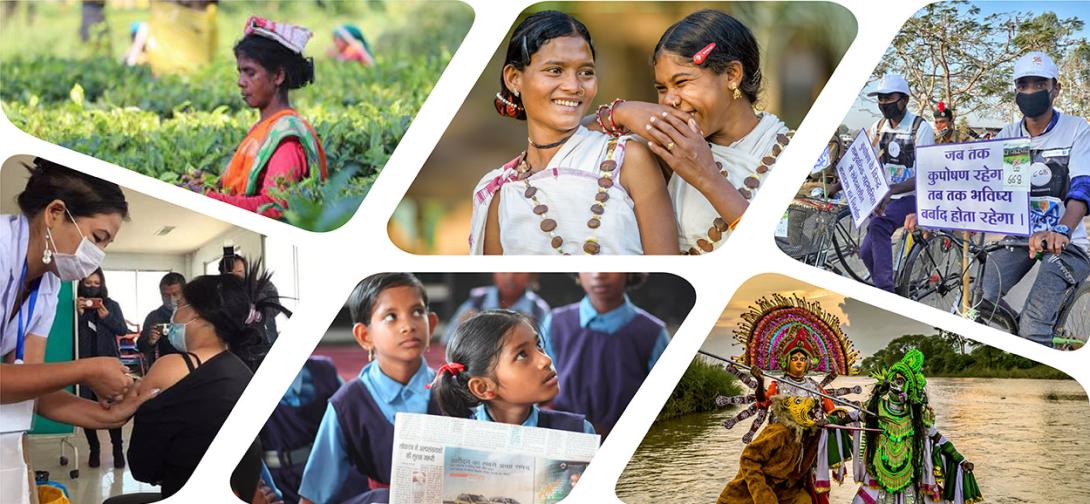Why Lockdown is the Best Strategy for India to Fight Covid-19?
The novel coronavirus has wreaked havoc across the world, affecting the global economy, killing over 3.2 million people and infecting millions. It is unlikely that a vaccine will be found soon, and we will have to adapt ourselves to living with the virus.
As the number of cases continues to rise, especially in Maharashtra, the Government of India has taken several preventive steps—from implementing a three-week lockdown, opening 52 dedicated COVID-19 test centres in 28 states to announcing a relief package of Rs 1.7 lakh crore. In the short run, lockdown is the best option for India as our health sector vis-à-vis those in other developed countries where the virus has spread rapidly is simply not equipped to manage the crisis. Significant lessons will be derived during these hard times, the foremost among them being, only a robust and resilient health infrastructure will effectively defend us from such future pandemics.
From hospital beds and ventilators to doctors and diagnostics, there is no doubt that India is completely unprepared if coronavirus cases keep rising. India has only 7 beds per 10,000 people, whereas China has 42, according to WHO. India has only 8.571 doctors per 10,000 patients as compared to Italy that has 40, China that has 19.798, the US that has 26 and the UK that has 28 doctors, according to WHO.
India ranks 33 on WHO’s laboratory index— calculated on a set of twenty indicators that reflect the level of performance of tests conducted by a laboratory—China and Italy at 93 and the UK and US at 100.
India spends only 3.5% of its GDP on health; China, 5%, Italy, 9%, the UK and US, 9.7% and 17.2%, respectively. On the other hand, in India the out-of-pocket expenditure on health is an appalling 65%, whereas it’s only 11% in the US, 15% in the UK, 23% in Italy and 35% in China.
In December 2019, India ranked 72 on the global food security index, whereas the US stood at the third position and the UK, 17.
Just to put it in perspective, all these countries are scrambling to contain the spread of the virus, with the death toll in thousands.
A better rank on the human development index is imperative for a country like India, as stressed by Nobel laureate Abhijeet Banerjee. However, the determination of the percentage of the GDP spent on healthcare can be a double-edge sword. A higher percentage of the same indicates a greater dependence on insurance provided by the government. This can lead to mushrooming of loopholes in the medical administration. On the other hand, a lower percentage would indicate insufficient availability of facilities to citizens. Thus, the percentage of health expenditure as GDP needs to be calculated as a weighted average for yielding the best results. Yes, there aren’t enough doctors, but that doesn’t mean the quality of doctors should be compromised upon. In fact, a study by Harvard University last year showed that nearly 5,000,000 deaths occur in India annually due to medical errors triggered by lack of practical knowledge among doctors.
All this leaves Indian policymakers no choice but to make sure that the awareness generated on the disease is of the highest level. Social distancing, for now, is the answer and the most effective way India could possibly stave off the spread of the disease from infiltrating its hinterland. The virus spreads by contact and contactless communication and interaction has now become the order of the day. This is nothing new in India, where people greet each other not by shaking hands but by folding their hands and saying namaste.
Fortunately, data indicates that developing nations have an edge over the developed ones. The only requirement is to live with the virus while developing the required infrastructure. India needs to fight a race against the gestation time—fourteen days—of the virus. It can be done with the implementation of a model developed with the help of artificial intelligence and utilising the geopolitical advantages that India has.
*S.K. Saha is Adviser and Akshita Bindal is a Young Professional, NITI Aayog. Views expressed are personal.
 National Portal Of India
National Portal Of India 

